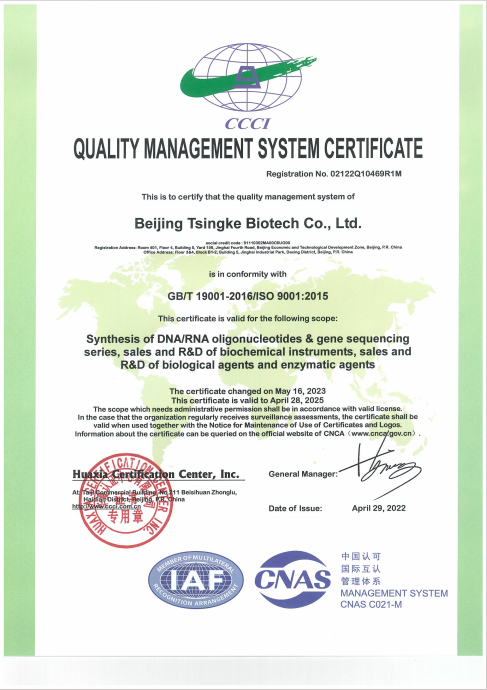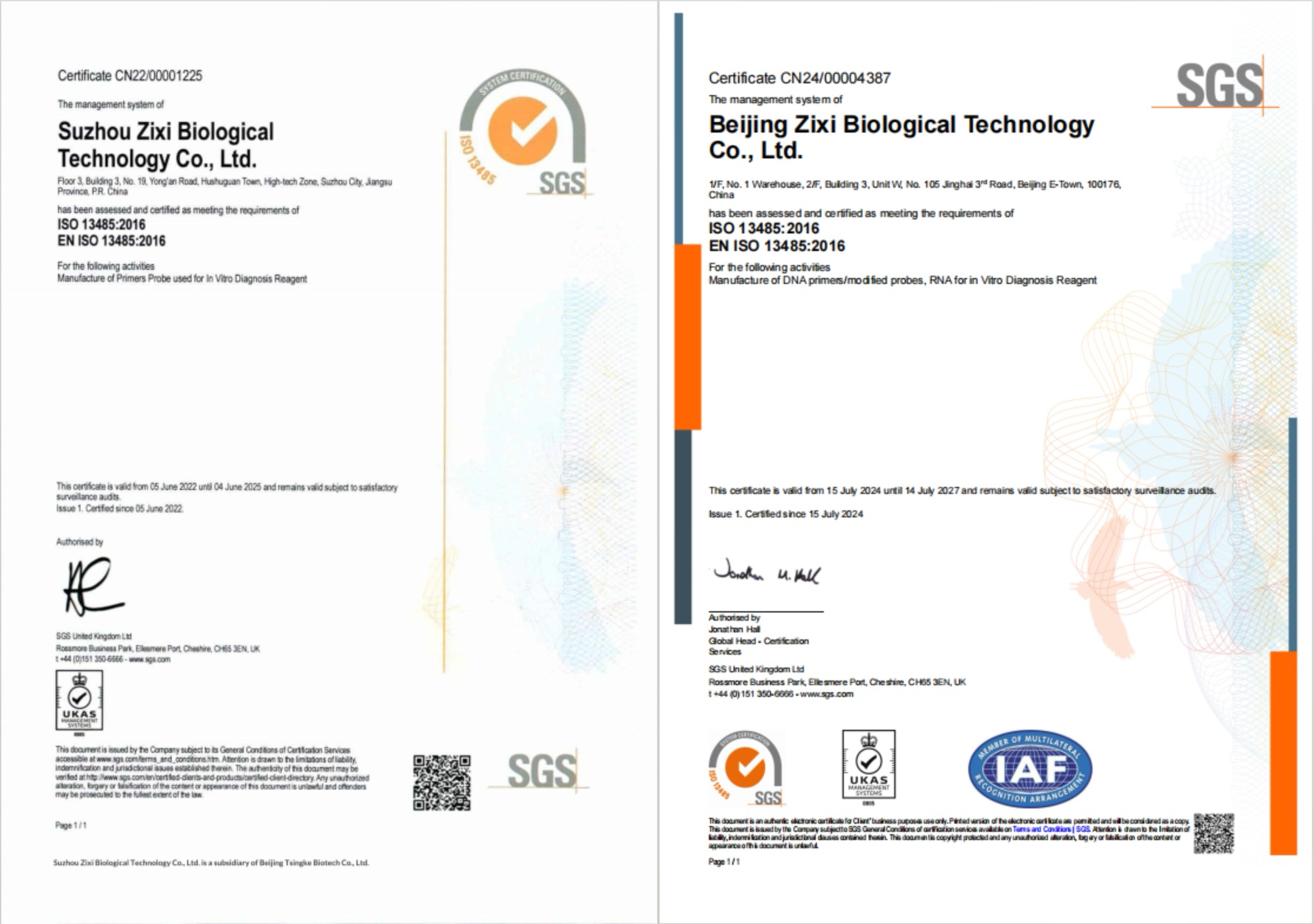In Vitro Diagnostics (IVD) is a medical testing method that involves collecting human samples (such as blood, urine, saliva, tissue, etc.) and conducting tests, analyses, and diagnoses outside the body to support disease prevention, treatment evaluation, and health monitoring. Common IVD applications include routine tests like blood routine examinations and viral nucleic acid tests. IVD testing employs various technological approaches, including chemical analysis, immunological reactions, molecular biology techniques, and microbiological methods. With advancements in technology, the application of IVD is expanding rapidly in clinical diagnosis, personalized medicine, and early disease screening.
Development of In Vitro Diagnostic Technology
The IVD industry began in the early 20th century and has rapidly evolved from basic chemical analysis to breakthroughs in molecular diagnostic technologies. In the 1980s, the introduction of molecular biology techniques such as PCR drove innovations in IVD, particularly in early disease screening, genetic testing, and personalized treatments. In the 2000s, the rise of Point-of-Care Testing (POCT) technologies and the advancement of precision medicine further expanded the IVD application field. In recent years, global public health events have accelerated the adoption and popularization of IVD technologies, especially in molecular diagnostics and immunoassays.
Classification and Differences in In Vitro Diagnostics
IVD technologies can be categorized based on different detection principles and application fields. The main categories include:
|
Category
|
Definition
|
Common Technologies
|
Application Areas
|
Characteristics and Differences
|
|
Biochemical Diagnosis
|
Detection based on biochemical components in samples, commonly used to monitor metabolism and physiological functions.
|
Chemiluminescence, Enzymatic analysis, Electrolyte analysis
|
Routine tests such as blood glucose, blood lipids, liver and kidney functions
|
Focuses on detecting chemical substances, simple to perform, widely used in routine health checks.
|
|
Immunodiagnosis
|
Detects target molecules through antigen-antibody reactions, widely used in disease marker detection.
|
ELISA, Immunochromatography, Immunofluorescence
|
Infectious diseases, tumor markers, allergic reactions
|
High specificity and sensitivity, suitable for rapid testing and quantitative analysis.
|
|
Molecular Diagnosis
|
Uses genomic technologies to detect DNA, RNA, mutations, and copy number variations for precise diagnosis of gene-related diseases.
|
PCR, RT-PCR, Gene chips, DNA sequencing
|
Genetic diseases, infectious diseases, tumor screening
|
Highly sensitive and specific, capable of detecting trace amounts of target molecules, suitable for precise diagnosis of genetic diseases and cancer.
|
|
Microbial Diagnosis
|
Diagnoses infectious diseases by detecting pathogenic microorganisms (such as bacteria, viruses, fungi, etc.).
|
Bacterial culture, PCR, ELISA, Microscopic examination
|
Detection of bacterial, viral, and fungal infections
|
Focuses on pathogen identification, accurately detects infectious disease pathogens, often requiring culture and identification processes.
|
|
Hematology Diagnosis
|
Detection based on blood samples, monitoring various blood components and physiological indicators.
|
Blood cell counting, blood glucose testing, hormone level detection
|
Blood glucose, blood lipids, routine blood tests, blood disease screening
|
Widely used in routine check-ups and chronic disease monitoring, focusing on quantitative detection of blood components.
|
|
Point-of-Care Testing (POCT)
|
Unlike laboratory testing, it refers to convenient and rapid testing conducted at the patient's location.
|
Immunochromatography, Colloidal gold reagents, Portable PCR devices
|
On-site tests such as blood glucose monitoring, rapid flu tests, pregnancy tests
|
Convenient and fast, suitable for emergency diagnosis and home/clinical out-of-office testing, typically semi-quantitative or qualitative analysis.
|
Tsingke Provides IVD Raw Materials and Key Technological Support
With its advantages in the full industry chain of gene synthesis, Tsingke has become an important supplier of key raw materials and technical services for the IVD industry. Tsingke provides high-quality probes, gene synthesis services, protein and antibody expression services, and more, helping IVD companies improve testing accuracy and efficiency.
Probes – Precise Molecular Diagnosis Support
In the field of molecular diagnostics, probes are essential components for gene amplification tests such as PCR and RT-PCR. With over 20 years of experience in oligo synthesis, Tsingke has rich R&D and manufacturing expertise. Tsingke has established GMP-compliant Oligo production laboratories in Beijing and Suzhou, certified by ISO 13485, ensuring the delivery of high-quality, highly sensitive, contamination-free, and batch-to-batch stable probes that meet the accuracy requirements for molecular diagnostics.
Gene Synthesis – Ensuring Positive Control for Diagnostic Kit Reliability & Supporting Immunoassay Kit Development
During the development of molecular diagnostic products, positive controls are crucial for ensuring the reliability and accuracy of diagnostic kits. Tsingke, with its advanced gene synthesis production line, offers high-quality, efficient gene synthesis services to provide reliable positive control plasmids for the validation, calibration, and quality control of diagnostic kits.
Additionally, Tsingke can customize antigen and antibody expression vectors. Through highly optimized nucleic acid sequence algorithms, synthesis periods are shortened, and high-yield, high-purity proteins are obtained quickly, significantly improving the success and yield of protein expression and accelerating the development of immunoassay kits.
Protein/Antibody Expression – Constructing Precise Antigen Detection Platforms & Providing Efficient and Stable Antibody Production Support
In immunodiagnostics, the precise expression of antigens and antibodies is key to building efficient detection platforms. Tsingke, leveraging its gene synthesis production line, combines six major protein expression systems (E. coli, Bacillus subtilis, insect, yeast, mammalian, and prokaryotic cell-free expression systems), along with high-throughput transient antibody expression technology, hybridoma development platforms, mouse monoclonal antibody platforms, and single B-cell screening platforms, to offer comprehensive services from gene sequencing to protein expression. Tsingke also provides custom peptides, antibody screening, antibody sequencing, and antibody custom services, assisting IVD companies in efficiently and stably producing antigens and antibodies to support the development and optimization of immunodiagnostic kits.
In the future, the IVD industry will develop towards digitalization, automation, and personalization to meet the growing global health needs. Tsingke's Gene Factory will continue to align with industry trends, enhancing technological innovation and service capabilities. With gene synthesis at the core, Tsingke will drive the advancement of personalized medicine and precision diagnostics. By integrating advanced gene synthesis technology and automated platforms, we will provide more efficient and reliable solutions to foster innovation and application in the IVD field, enhancing global diagnostic standards.





